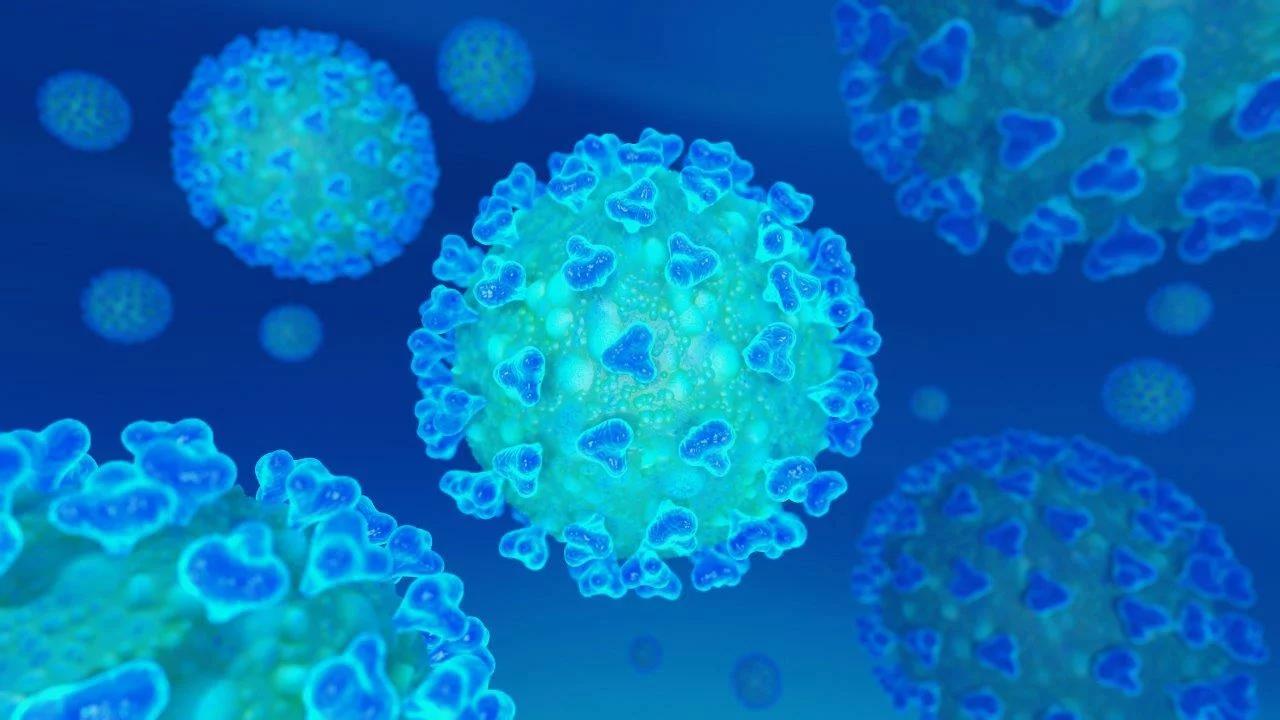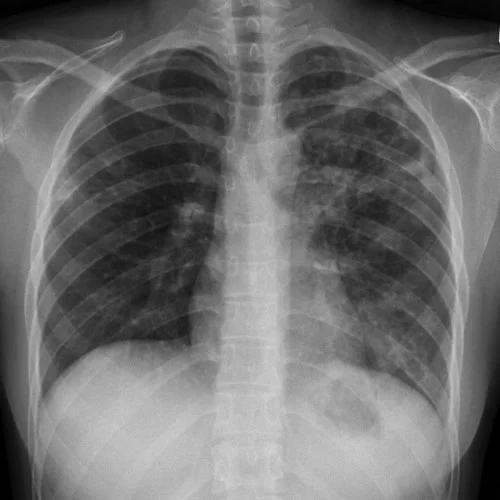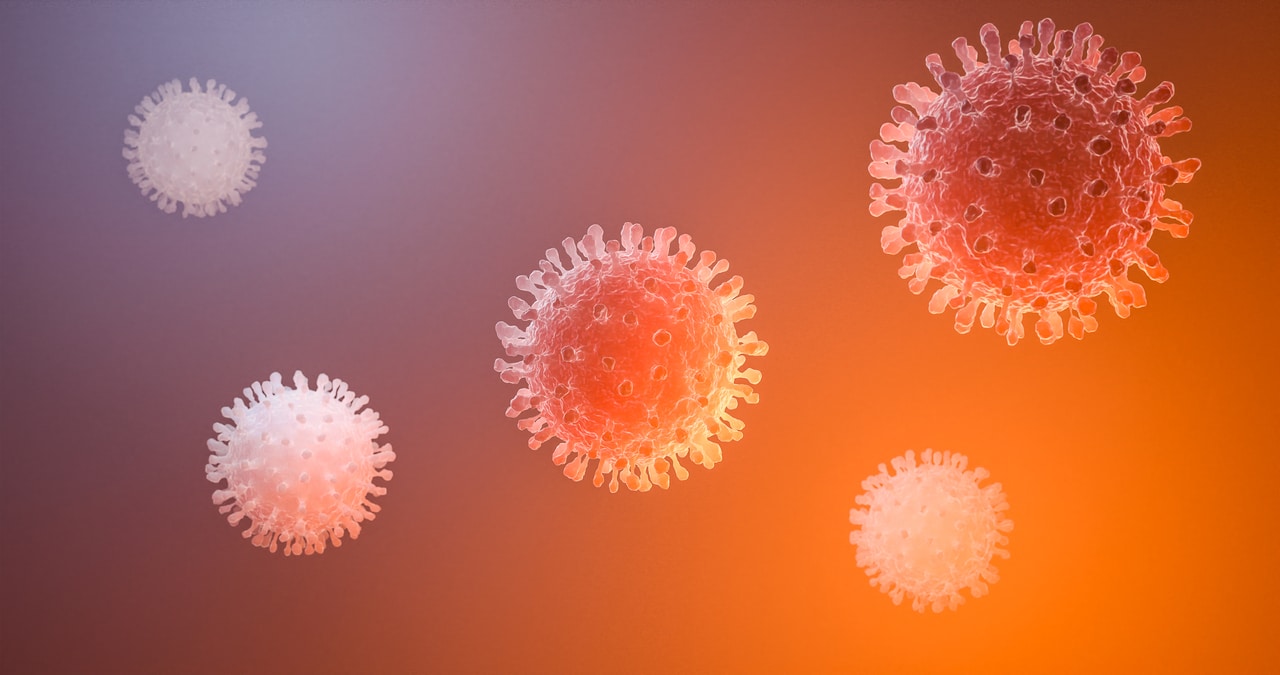Infections: types, causes, symptoms, and medication
An infection occurs when a foreign organism enters our body and then causes a disease. There are many different organisms that can cause an infection, such as viruses, bacteria, fungi, and parasites. You can get an infection from a number of ways like direct contact with an infected person, through contaminated food or water, or even an insect bite.

What are the types of infections?
There are different types of infections, the four most common types of infections are viral infections, bacterial infections, fungal infections, and parasitic infections.
- Viral infections are caused by viruses. Viruses are parasitic and need a host cell in order to survive. So, a virus enters the body and latches onto a cell which then allows it to reproduce. Some examples of viral infections are influenza (the flu), common cold, measles, rubella, chickenpox, rubella, human immunodeficiency virus (HIV), and COVID (a form of the coronavirus).
- Bacterial infections are caused by bacteria, which is slightly larger than a virus. Bacteria can be found in many places such as soil, water, the surfaces we touch, and even on our bodies. Not all bacteria cause infections, however. The ones that do can cause strep throat, urinary tract infections (UTI), food poisoning (typically caused by E. coli, Salmonella, or Shigella), bacterial vaginosis, gonorrhea, tuberculosis, whooping cough, pneumococcal pneumonia, and Lyme disease.
- Fungal infections can be caused by organisms such as yeasts and molds. These can be found in moist areas like soil, the bathroom, and even in or on our bodies. Examples of fungal infections are vaginal yeast infection, ringworm, athlete’s foot, fungal meningitis,
- Parasitic infections are caused by parasites which live on or in a host organism. The parasite causes damage to the host. Some parasitic infections are pubic and head lice, scabies, leishmaniasis, tapeworm infection, and roundworm infection.
What are the drugs for infections?
The proper medication varies, depending on the kind of infection being treated.
- Viral infections can be cured with antiviral drugs. Because viruses cannot be killed with antibiotics, antibiotics are not used for viral infections.
- Bacterial infections, on the other hand, are treated with antibiotics. Antibiotics are used for bacterial infections because they can stop the bacteria from multiplying or can even kill them.
- Fungal infections are treated using special antifungal medications. The exact kind will depend on the fungal infection you are suffering from.
- Parasitic infections are treated using specific medications. The exact kind will depend on the parasite that has caused the infection.
Related Blogs
-
August 10, 2021
TB
Bronchitis vs Tuberculosis
The lungs are two of the body’s most vital organs. They provide the space for the exchange of gases to occur because every cell in the body n [...]
-
September 27, 2021
Dengue, Fever
Everything There Is To Know About Dengue Fever
In the past two decades, dengue has been identified as one of the most prevalent illnesses in the world. Just what is it, and how do humans [...]
-
June 15, 2021
TB, Cough
Mga Kaalaman Tungkol sa Tuberculosis at ang Tamang Gamot sa Ganitong Klase ng Ubo
Ang pag-inom ng gamot sa ubo ay mainam kung ang ubo ay inaagapan pa lamang. Subalit kailangan ring isaisip na ang pag-inom ng gamot ay siyang [...]
-
October 16, 2019
Polio
Mga Pangunahing Sintomas ng Polio
Ano ang mga pangunahing sintomas ng Polio? Trangkaso (flu-like symptoms) Meningitis Pagkawala ng pakiramdam sa ibang bahagi ng [...]
-
November 29, 2019
HIV/AIDS
Paano Maiwasan ang HIV/AIDS sa Pilipinas?
Paano maiiwasan ang HIV/Aids sa Pilipinas? Gumamit ng condom sa pakikipagtalik Subukan magpa-preexposure prophylaxis Magpa-test at [...]
-
June 8, 2021
Trending
Roseola vs Measles: What’s the Difference?
When your child gets sick, you can’t help but worry. Sometimes you feel helpless. When rashes appear on your child’s skin, it’s a parent’s first [...]









